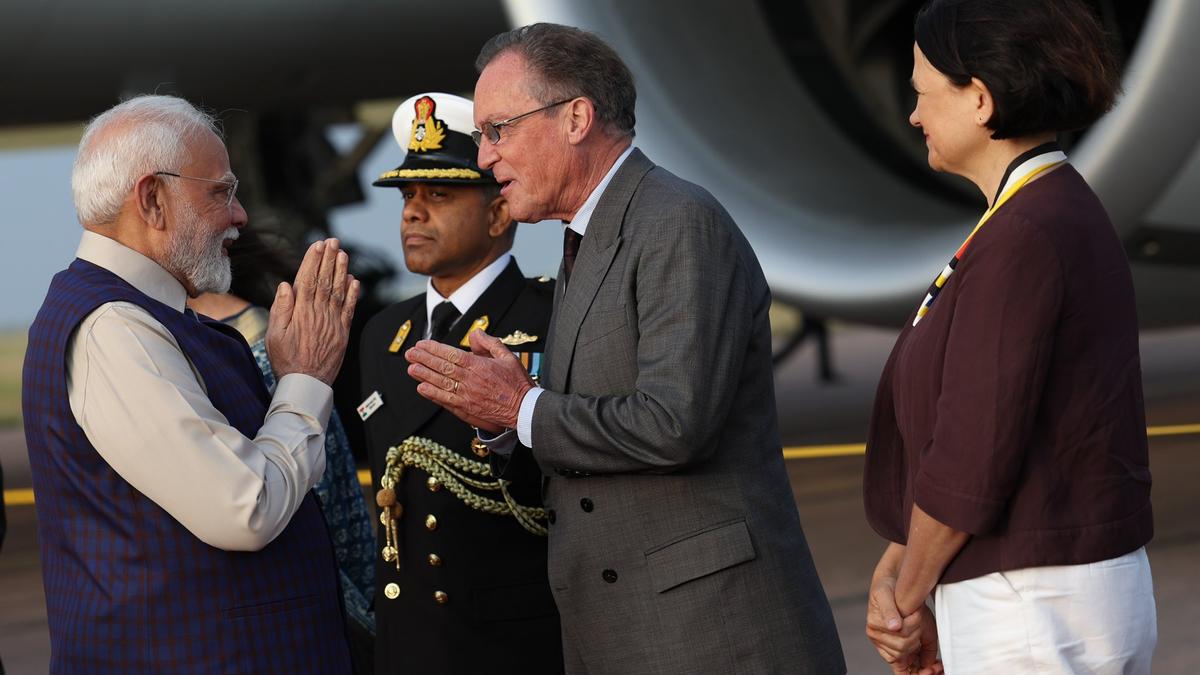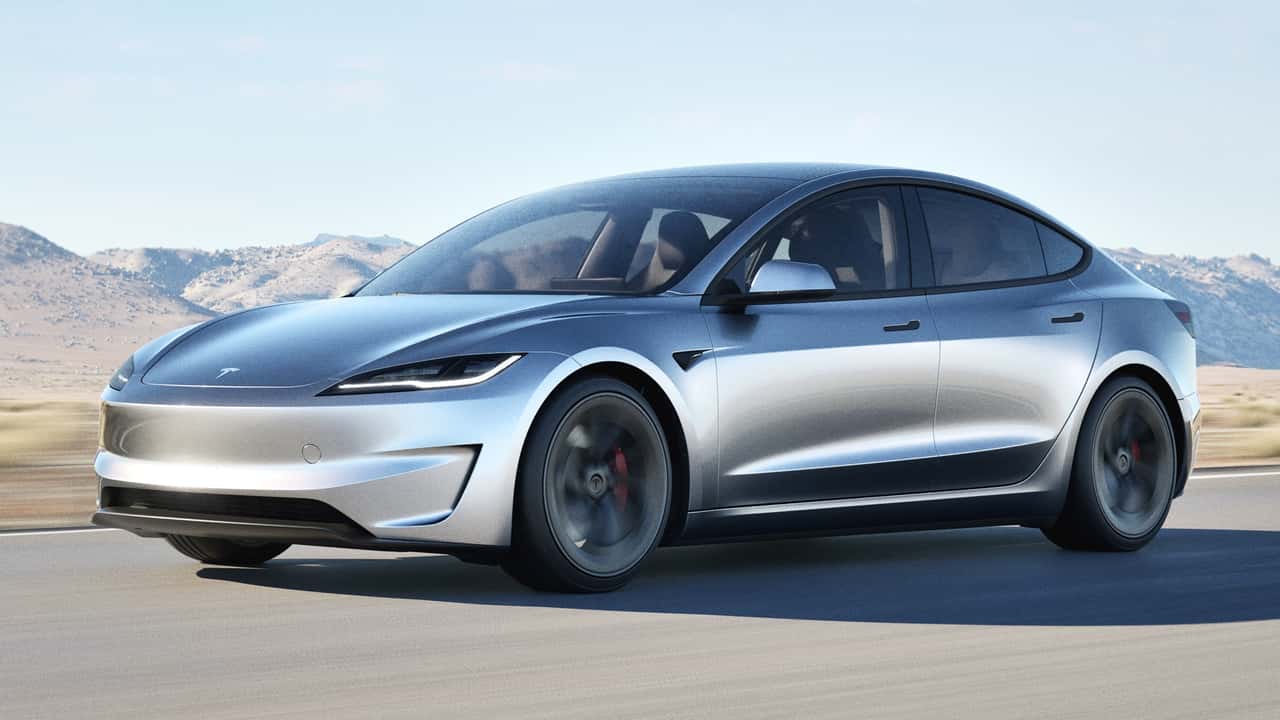After the recent finalization of an important trade deal between India and the United Kingdom, a diplomatic discussion occurred between the King and Indian Prime Minister Narendra Modi. This meeting, viewed as an act of mutual appreciation and strategic cooperation, underscores the developing economic and political relationship between the two countries, particularly in light of the newly established trade framework.
The meeting occurred against a setting of increasing collaboration between the two nations, as they aim to strengthen their alliance in multiple areas, such as business, tech, environmental actions, and protection. With the trade agreement now officially established, the visit helped emphasize the joint dedication to a sustainable economic partnership based on mutual gain.
The trade agreement, which has been under negotiation for several years, represents a landmark moment in India-UK relations. It is expected to reduce or eliminate tariffs on a broad range of goods and services, streamline regulatory standards, and enhance market access for industries on both sides. For the UK, this deal is part of a wider strategy to strengthen trade ties outside the European Union, positioning itself as a global trading power in the post-Brexit era. For India, the agreement offers expanded export opportunities and greater access to capital, expertise, and technology.
During their meeting, the King and Prime Minister Modi are believed to have discussed not only the trade deal’s implications but also broader topics of bilateral significance. These included sustainable development, educational exchange, cultural cooperation, and climate policy. The conversation likely touched on the importance of people-to-people ties, considering the significant Indian diaspora in the United Kingdom and the deep historical links between the two countries.
While the King’s role in government is ceremonial and apolitical, his participation in such meetings often underscores the importance of a diplomatic relationship. The symbolic weight of royal engagement, particularly in the context of international diplomacy, can help enhance public perception and lend gravitas to key milestones like this agreement.
Observers have highlighted that the scheduling of the meeting indicates a wider movement toward stronger interaction between London and New Delhi. As worldwide power structures keep changing, both nations are more frequently viewing each other as strategic allies in a multipolar environment. The alignment of interests in sectors such as digital infrastructure, defense partnerships, renewable energy, and education makes the relationship practical and future-oriented.
In realistic terms, the fresh trade pact is anticipated to offer substantial prospects for companies and employees. Industries like automotive, pharmaceuticals, textiles, and financial services are expected to gain from fewer obstacles and more defined guidelines for international trade. Moreover, small and medium-sized enterprises in both nations may discover new opportunities for global growth due to the streamlined regulatory framework.
Beyond the economic benefits, the agreement has been framed as a stepping stone toward a deeper strategic partnership. Both India and the UK are members of key international forums such as the G20 and Commonwealth, and share values rooted in democracy, the rule of law, and open markets. Strengthening bilateral ties may also contribute to a more stable and resilient global order, particularly at a time of heightened geopolitical uncertainty.
Prime Minister Modi, specifically, has highlighted the importance of commerce as a catalyst for progress and independence. The agreement supports India’s goals of establishing itself as a center for global production and innovation, inviting both investment and technology that can boost national advancement. For the UK, gaining entry to one of the quickest expanding significant economies worldwide is crucial as it expands its global trade relations.
Critics of the deal, however, have raised concerns over labor rights, environmental standards, and the potential impact on local industries. Ensuring that the benefits of the agreement are broadly shared will require careful implementation and ongoing dialogue between policymakers, industry leaders, and civil society groups.
As the details of the agreement begin to take shape, attention will now turn to how both governments manage its rollout. This includes updating domestic legislation, setting up bilateral oversight mechanisms, and engaging stakeholders to ensure smooth execution. It will also involve fostering business-to-business connections, promoting investment opportunities, and increasing public awareness of the new opportunities created by the trade framework.
The significance of the King’s encounter with Prime Minister Modi is immense. It represents a hopeful moment and a common goal during a period when international collaboration is frequently challenged. Additionally, it emphasizes that diplomacy and conversation remain crucial in molding the global framework.
In the coming months, the success of the trade deal will be measured not only in export figures or GDP growth but in the strength of the relationship it helps foster. Deeper collaboration on innovation, education, sustainability, and cultural exchange could serve as the true legacy of this agreement.
For both nations, this is more than just a trade pact—it represents a renewed chapter in a long and complex relationship, one that looks to the future while acknowledging the past. As India and the UK take steps to strengthen their strategic alignment, their leaders’ willingness to engage at the highest levels lays a strong foundation for continued cooperation in a world that increasingly values trusted partnerships.


